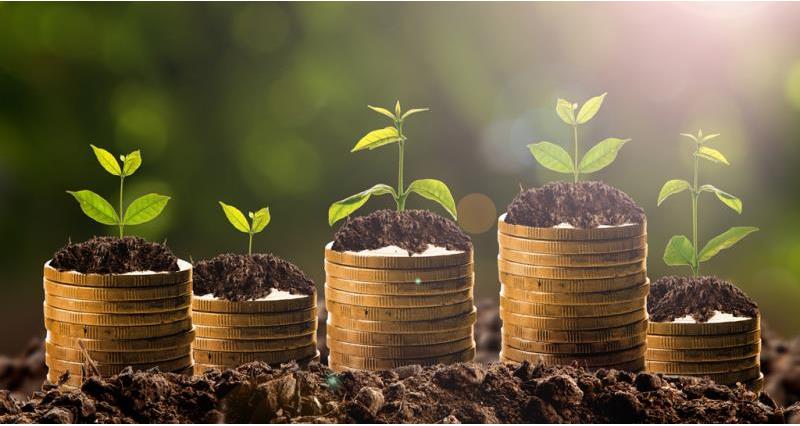Contributing to the economy
British farmers create a countryside that works for everyone, providing the raw ingredients for a food and farming sector worth over £120 billion and employing over 4 million people. It provides a secure food system within our shores, feeding the nation and delivering a wide range of environmental and rural community benefits all of which are enjoyed far beyond the farm gates.
